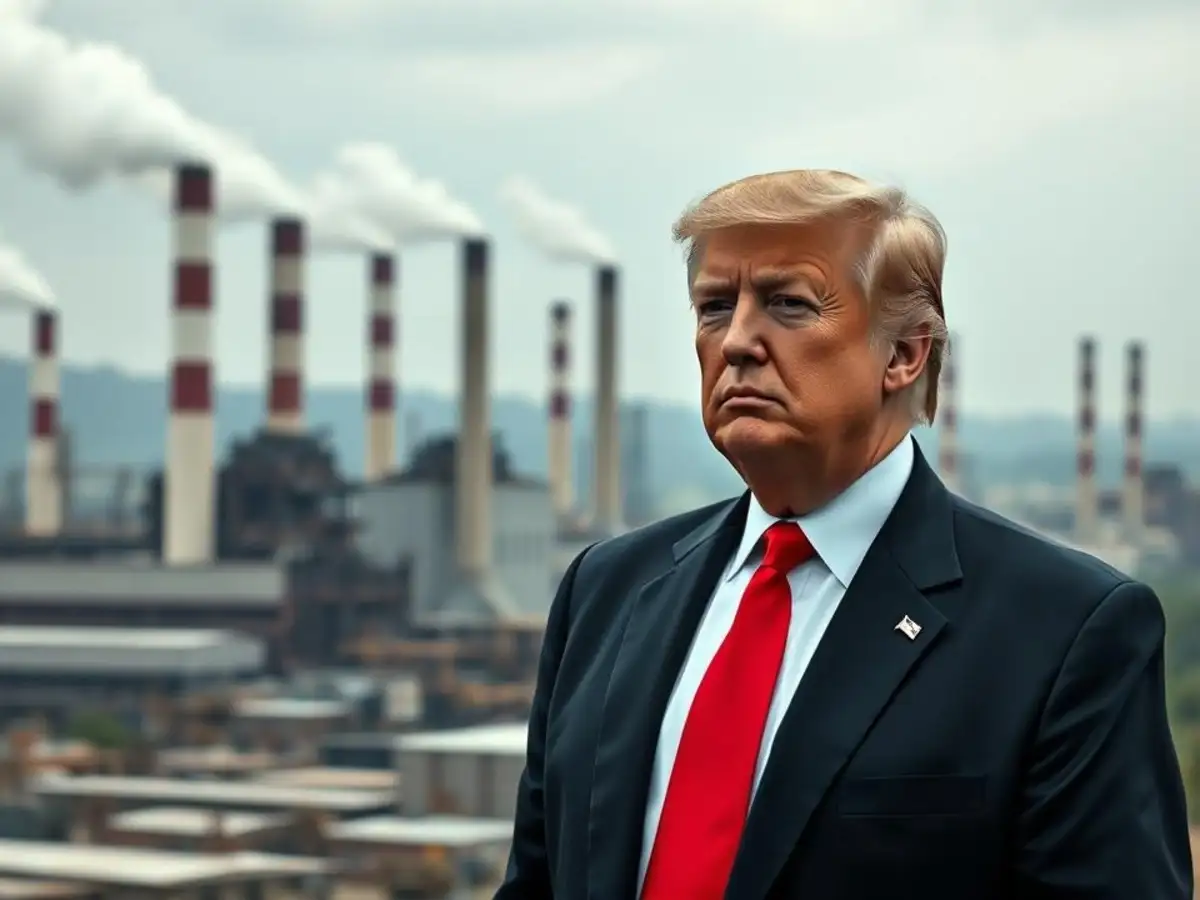Big Pharma vs. Trump: Legal Battles Loom Over Price Reduction Plan
President Donald Trump has signed a new executive order aimed at slashing U.S. prescription drug prices by up to 90%, but experts and industry leaders are casting doubt on its feasibility and potential impact.

The Executive Order: A Renewed Push for Lower Drug Prices
On Monday, Trump announced the revival of his “Most Favoured Nation” (MFN) policy, which seeks to align U.S. drug prices with the lowest prices paid by other developed nations. The order mandates that Health and Human Services Secretary Robert F. Kennedy Jr. initiate negotiations with pharmaceutical companies within 30 days. If these talks fail, the administration plans to enforce international pricing through rulemaking and consider allowing drug importation.
Trump claims this move will reduce prices for some medications “almost immediately by 50 to 80 to 90 per cent”.
Scepticism from Experts and Industry Groups
Despite the ambitious goals, healthcare policy experts question the plan’s effectiveness. Tricia Neuman, a senior vice president at KFF, noted the lack of clarity regarding which drugs will be affected and how the policy will be implemented, making it difficult to assess its real-world impact.
The pharmaceutical industry is also pushing back. Companies like Pfizer and Bristol Myers Squibb could see profits fall by up to 10% if the policy is fully implemented. Industry groups warn that the strategy could reduce innovation and investment by forcing lower prices.
Legal and Political Challenges
The MFN approach was previously attempted during Trump’s first term but was blocked in court due to procedural issues. Analysts suggest that full implementation of the current plan would likely require congressional approval and could face similar legal hurdles.
Moreover, the executive order’s ambiguity—failing to specify its impact on Medicare, Medicaid, or commercial insurance—allows the industry some leeway and raises questions about enforceability.
Market Reaction
Pharmaceutical stocks initially dipped following the announcement but later rebounded, indicating investor scepticism about the policy’s practical implementation. Shares of major drugmakers like Johnson & Johnson, AbbVie, and Eli Lilly saw gains, while pharmacy benefit managers such as CVS and Cigna experienced declines due to the order’s focus on reducing the role of intermediaries.
Looking Ahead
While the executive order signals a strong stance on reducing drug prices, its actual impact remains uncertain. The coming months will reveal whether the administration can overcome legal and political obstacles to deliver on its promises.


Comments are closed, but trackbacks and pingbacks are open.